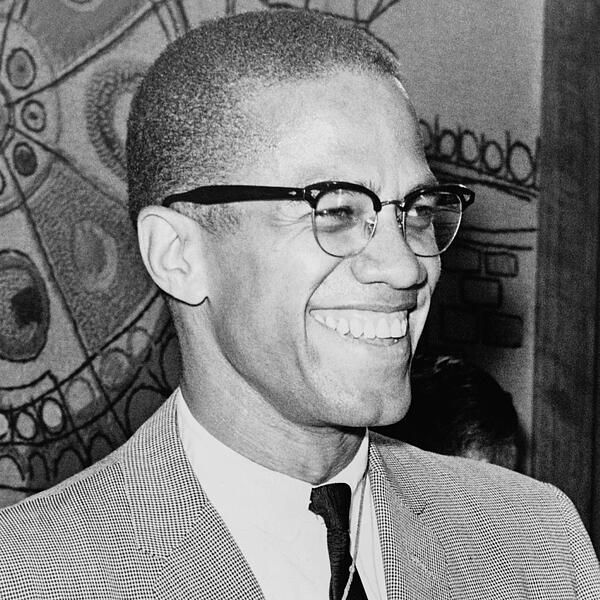Black Power
In the mid-1960s, Black Power signaled a new direction for the Civil Rights Movement. Stokely Carmichael, the 60s civil rights leader, used the term to encourage black pride. Although the media portrayed it as a rallying cry that called for Black Supremacy, the aim of Black Power was to unite the African American community into a powerful force that could fight for its own rights. The Black Power Movement is often associated with the Black Panthers and the rise of Malcolm X.
Black Power grew out of frustrations within the Civil Rights Movement. The failure of Chicago protests to relieve poverty in 1966, the escalation of the war in Vietnam, the assault of the FBI against black militants, and the continuing problems of Northern blacks, ignited the Black Power Movement.
For some African Americans, Black Power was an attempt to take control of the most important issues affecting their lives. This meant gaining political power in a white-dominated society.

Others saw it as a way of closing ranks against white Americans. They hoped that this would make the African American community are far more impressive political and social force.
As Black power gained more momentum, it became more associated with militant anti-white rhetoric. Its supporters resisted integration with whites, instead favouring black societies. Stokely Carmichael was a believer in this approach. Black Power was seen as a way of resurrecting "Black Pride" and African-American culture. Carmichael said in 1966:
"We have to do what every group in this country did - we gotta take over the community where we outnumber people so we can have decent jobs."
As the popularity of Black Power grew, a series of riots broke out in the nation’s black ghettoes. During the ‘Long Hot Summer Riots’, young blacks attacked homes and bystanders in response to frustration over police attacks. Media coverage of these riots led to criticism amongst white Americans.
Many within the Civil Rights Movement also condemned Black Power for rejecting civil rights and integration. Martin Luther King criticised the movement for its focus on black supremacy, which “would be as evil as white supremacy”.
After King’s assassination in 1968, the non-violent civil rights movement had lost much of its power. Similarly, the Black Power Movement had faded away by the early 1970s.
See also: Equality
MLA Citation/Reference
"Black Power". HistoryLearning.com. 2026. Web.
